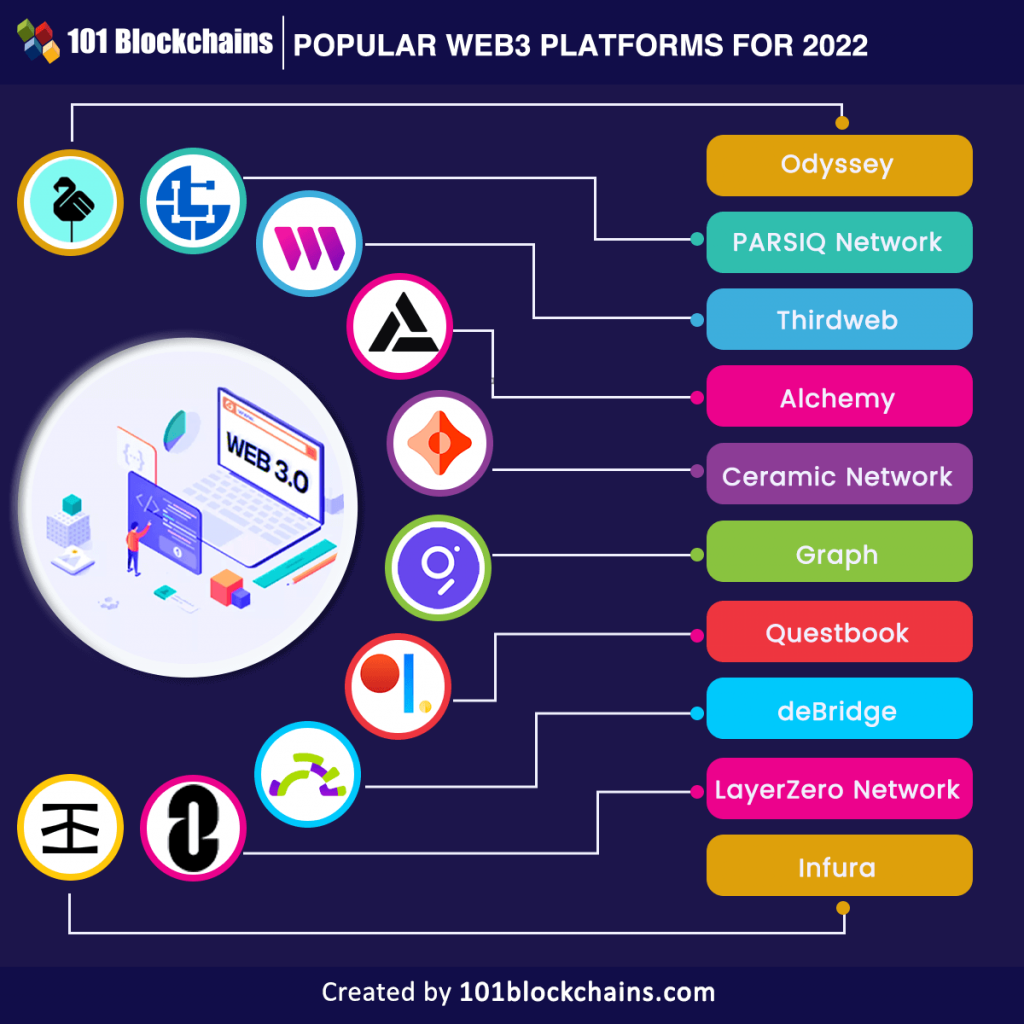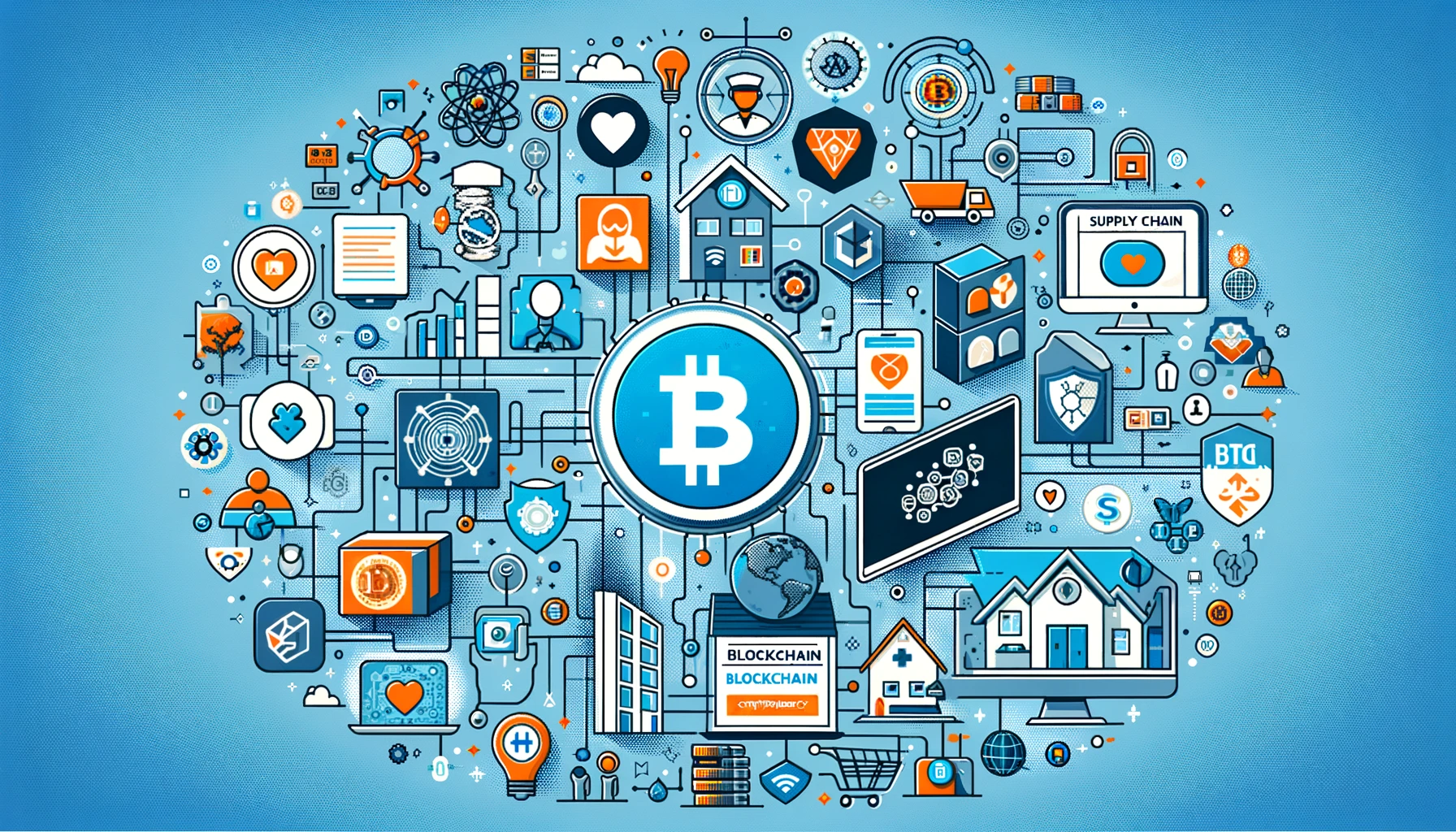
AI in Healthcare: Revolutionizing Patient Care – A Beginner’s Guide to Medical AI
Healthcare, a field constantly striving for innovation, is on the cusp of its most significant transformation yet, thanks to Artificial Intelligence (AI). Far from being a futuristic concept, AI is already weaving its way into hospitals, clinics, and research labs, promising to make patient care more accurate, efficient, and personalized than ever before.
For many, the idea of AI in medicine might sound like something out of a science fiction movie. But fear not! This article will demystify AI in healthcare, explaining in simple terms how this powerful technology is revolutionizing patient care and what it means for the future of medicine.
What Exactly is AI in Healthcare?
At its core, Artificial Intelligence (AI) refers to the ability of computers to perform tasks that typically require human intelligence. This includes things like learning, problem-solving, understanding language, and recognizing patterns.
When we talk about AI in healthcare, we’re talking about applying these smart computer systems to medical tasks. Think of AI as a super-smart detective or a tireless assistant that can:
- Process vast amounts of data: Far more than any human could in a lifetime. This includes patient records, medical images (X-rays, MRIs), research papers, genetic information, and more.
- Identify patterns and connections: Spotting subtle trends or anomalies in data that might indicate a disease or predict a patient’s response to treatment.
- Learn and improve: The more data AI systems analyze, the "smarter" they become, continuously refining their predictions and recommendations.
Essentially, AI helps healthcare professionals by giving them powerful tools to make better, faster, and more informed decisions, ultimately leading to better patient outcomes.
Key Areas Where AI is Making a Difference
AI’s impact isn’t limited to one specific area; it’s a versatile tool that can be applied across the entire healthcare spectrum. Here are some of the most exciting applications:
1. Faster and More Accurate Diagnosis & Early Detection
One of the most critical aspects of healthcare is identifying diseases early. AI excels here, often spotting things that might be invisible to the human eye or easily missed.
- Medical Imaging Analysis: AI algorithms can analyze X-rays, CT scans, MRIs, and ultrasounds with incredible speed and accuracy. They can detect tiny tumors, subtle signs of disease like pneumonia, or early indicators of eye conditions (like diabetic retinopathy) even before symptoms appear. This helps doctors confirm or rule out diagnoses much faster.
- Pathology: AI can analyze microscopic images of tissue samples, helping pathologists identify cancerous cells or other abnormalities more efficiently, reducing the risk of human error.
- Predictive Analytics: By analyzing a patient’s medical history, genetic data, lifestyle, and even wearable device data, AI can predict the likelihood of someone developing certain conditions (like heart disease or diabetes) in the future. This allows for proactive preventative measures.
2. Accelerating Drug Discovery and Development
Developing a new drug is a notoriously long, expensive, and often unsuccessful process. AI is changing this landscape dramatically.
- Target Identification: AI can quickly analyze vast biological datasets to identify potential drug targets – the specific molecules or pathways in the body that a drug needs to affect.
- Molecule Design: Instead of trial and error, AI can design new drug molecules from scratch, predicting how they will interact with the body and which ones are most likely to be effective and safe.
- Clinical Trial Optimization: AI can help identify the most suitable patients for clinical trials, monitor their progress, and analyze trial data more efficiently, speeding up the entire process of getting life-saving drugs to market.
3. Personalized Medicine and Treatment Plans
Every patient is unique, and what works for one person might not work for another. AI is making truly personalized medicine a reality.
- Genomic Analysis: AI can analyze an individual’s genetic makeup to understand their unique predispositions to diseases and how they might respond to specific medications. This helps doctors prescribe the most effective drug at the right dosage, minimizing side effects.
- Tailored Treatment Plans: Based on a patient’s comprehensive data (medical history, genetics, lifestyle, previous treatments), AI can suggest highly customized treatment plans, including diet, exercise, and medication adjustments, leading to better outcomes.
- Precision Oncology: For cancer patients, AI can help doctors select the most effective chemotherapy, radiation, or immunotherapy based on the specific genetic mutations of their tumor.
4. Virtual Assistants, Chatbots, and Telemedicine
AI is enhancing the way patients interact with healthcare providers and access information.
- AI-Powered Chatbots: These digital assistants can answer common patient questions, provide reliable health information, guide patients to the right department, and even help with appointment scheduling, reducing the burden on administrative staff.
- Telemedicine Enhancement: AI can analyze symptoms described by patients during virtual consultations, providing doctors with potential diagnoses or suggesting further tests, making remote care more comprehensive.
- Remote Patient Monitoring: AI systems can monitor data from wearable devices (like smartwatches or continuous glucose monitors) or home health devices, alerting doctors to any concerning changes in a patient’s vital signs or health metrics, allowing for timely interventions.
5. Robotics in Surgery and Patient Care
Robotics, often powered by AI, is bringing a new level of precision and assistance to the operating room and beyond.
- Robotic-Assisted Surgery: Surgeons use robotic arms to perform delicate procedures with enhanced precision, dexterity, and control, leading to smaller incisions, less pain, faster recovery times, and reduced complications for patients.
- Automated Drug Dispensing: Robots in pharmacies or hospitals can accurately dispense medications, reducing errors and improving efficiency.
- Assisting Nurses and Staff: In the future, robots might assist with tasks like lifting and moving patients, delivering supplies, or even cleaning, freeing up human staff to focus on more complex patient interactions.
6. Streamlining Administrative Tasks and Operations
Beyond direct patient care, AI is also making healthcare systems run more smoothly.
- Automated Scheduling and Billing: AI can optimize appointment scheduling, reduce no-shows, and streamline complex billing and insurance claim processes, reducing administrative overhead and improving efficiency.
- Data Management: AI helps organize, analyze, and secure the vast amounts of patient data, ensuring it’s readily accessible to authorized personnel while maintaining privacy.
- Resource Allocation: AI can predict patient influxes, helping hospitals allocate resources like staff, beds, and equipment more effectively, especially during peak seasons or emergencies.
The Undeniable Benefits of AI in Healthcare
The widespread adoption of AI in healthcare promises a future where medical care is:
- More Accurate: Reducing human error in diagnosis and treatment.
- Highly Efficient: Speeding up processes from research to patient appointments.
- Deeply Personalized: Tailoring care to each individual’s unique needs.
- More Accessible: Expanding reach through telemedicine and remote monitoring.
- Cost-Effective: By optimizing resources and preventing late-stage complications.
- Outcome-Focused: Leading to better health results and improved quality of life for patients.
Challenges and Considerations for AI in Healthcare
While the promise of AI in healthcare is immense, it’s important to acknowledge the challenges that need to be addressed for its successful and ethical integration:
- Data Privacy and Security: Medical data is highly sensitive. Ensuring the privacy and security of patient information is paramount, requiring robust cybersecurity measures and strict regulations.
- Ethical Concerns and Bias: AI systems learn from the data they’re fed. If that data is biased (e.g., predominantly from one demographic group), the AI might make less accurate or unfair recommendations for others. Ensuring fairness and transparency is crucial.
- Regulation and Integration: Developing clear regulatory frameworks for AI-powered medical devices and software is essential to ensure safety and effectiveness. Integrating AI seamlessly into existing healthcare workflows also requires significant planning and training.
- The "Human Touch": While AI can augment human capabilities, it cannot replace the empathy, critical thinking, and compassionate care that human doctors and nurses provide. AI is a tool to empower healthcare professionals, not to replace them.
- Cost of Implementation: Implementing advanced AI systems can be expensive, requiring significant investment in technology and infrastructure.
The Future of AI in Healthcare: A Collaborative Partnership
The future of AI in healthcare isn’t about robots replacing doctors; it’s about a powerful collaboration. AI will serve as an indispensable partner, empowering healthcare professionals with unparalleled insights, precision, and efficiency. Doctors will be able to spend more quality time with patients, focusing on complex cases and empathetic care, while AI handles the data crunching and repetitive tasks.
As AI technology continues to advance and become more sophisticated, its role in healthcare will only grow. We are entering an era where personalized, preventative, and highly efficient medical care is not just a dream, but a rapidly approaching reality, all thanks to the intelligent revolution brought by AI. The journey has just begun, and the potential for transforming patient care is truly limitless.
Frequently Asked Questions (FAQs) About AI in Healthcare
1. Is AI going to replace doctors and nurses?
No, AI is designed to augment (assist and enhance) the capabilities of doctors and nurses, not replace them. AI excels at analyzing data, identifying patterns, and performing repetitive tasks, freeing up human healthcare professionals to focus on complex decision-making, patient interaction, and providing compassionate care.
2. Is AI in healthcare safe and reliable?
AI systems in healthcare are developed with rigorous testing and validation processes. Regulatory bodies like the FDA in the U.S. are also establishing guidelines for approving AI-powered medical devices and software to ensure they are safe and effective before widespread use. However, like any technology, ongoing monitoring and improvement are crucial.
3. How does AI get its "intelligence" for healthcare?
AI learns from vast amounts of data. In healthcare, this means feeding AI systems with medical images (X-rays, MRIs), patient records, genomic data, research papers, and more. The AI uses complex algorithms to find patterns and make predictions based on this data, getting "smarter" over time as it processes more information.
4. What are some real-world examples of AI being used today?
- Diabetic Retinopathy Detection: AI systems are approved to detect signs of diabetic retinopathy (an eye disease) from retinal scans, often faster than human experts.
- Stroke Diagnosis: AI helps analyze brain scans quickly to identify strokes, allowing for rapid treatment.
- Drug Discovery: Companies are using AI to identify new drug candidates and speed up research for various diseases, including cancer and Alzheimer’s.
- Virtual Health Assistants: Chatbots on hospital websites that answer common questions and help patients navigate services.
5. How will AI benefit me as a patient?
AI can benefit you in several ways:
- Faster and more accurate diagnoses: Leading to earlier treatment.
- More personalized treatment plans: Tailored to your unique health profile.
- Access to care: Through telemedicine and remote monitoring.
- New and more effective drugs: Developed faster.
- Overall improved healthcare efficiency: Leading to better experiences and outcomes.



Post Comment